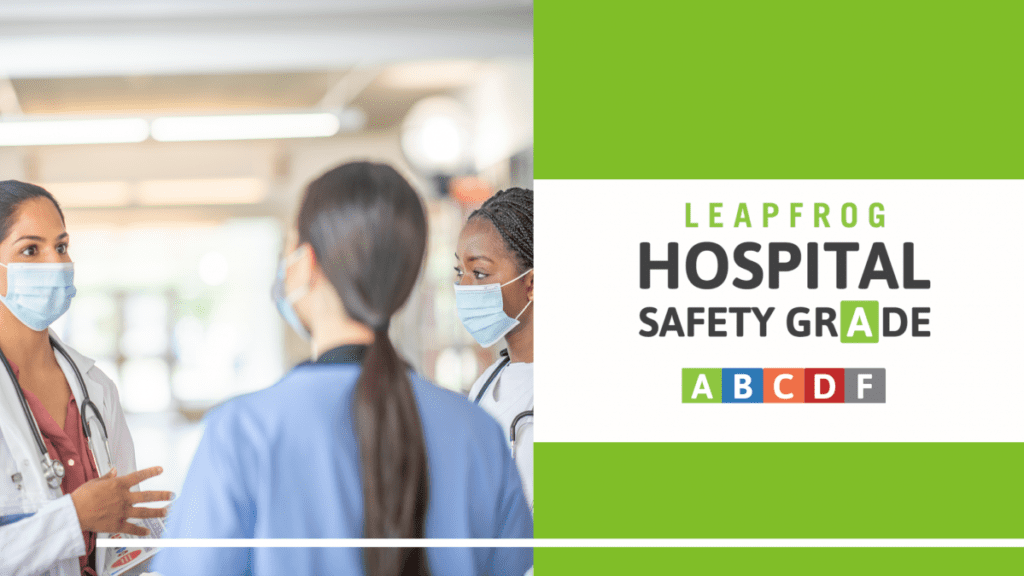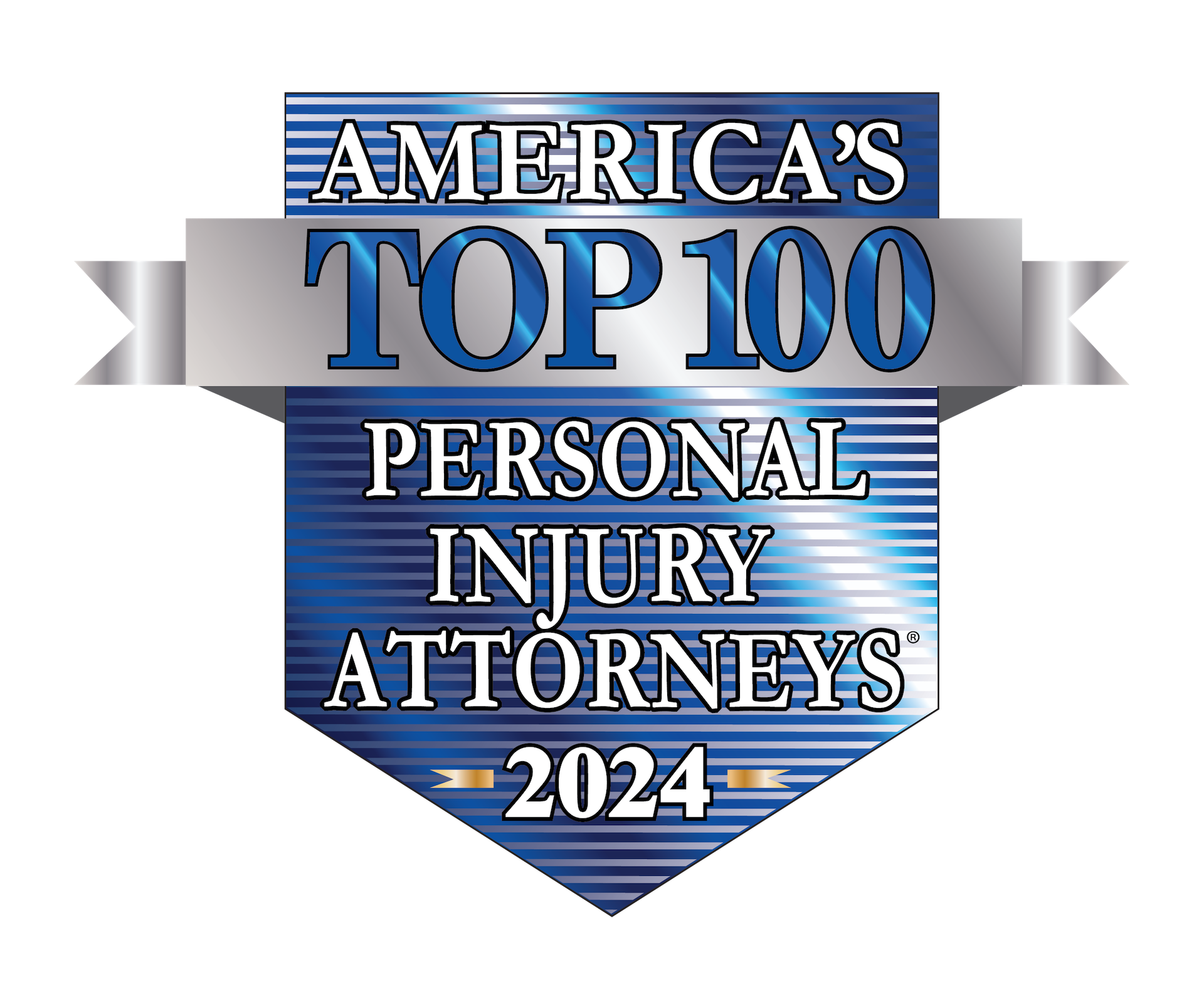Video Transcript
Hi. We often get a lot of questions about where can I find a decent hospital in South Carolina, or is there a system for me to find out where the best ones are? We’re going to dive into that right now.
To check your hospital’s grade
To check on your hospital, go to www.hospitalsafetygrade.org; this is where twice a year the Leapfrog Group (a medical watchdog) rates over 2,900 hospitals across the U.S. Grades range from A to F and 51 hospitals have been rated in South Carolina (we’ll also have a link on a related blog on our website). Fifteen South Carolina hospitals received an ‘A’; 15 a ‘B’; 19 a ‘C’; 1 a ‘D’ and 1 an ‘F’.
The Leapfrog safety grade is divided into two sections: Process/Structural Measures and Outcome Measures.
- Process Measures represent how often a hospital gives patients recommended treatment for a given medical condition or procedure. For example, “Responsiveness of hospital staff” looks at patients’ feedback on how long it takes for a staff member to respond when they request help.
- Structural Measures represent the environment in which patients receive care. For example, “Doctors order medications through a computer” represents whether a hospital uses a special computerized system to prevent errors when prescribing medications.
- Outcome Measures represent what happens to a patient while receiving care. For example, “Dangerous object left in patient’s body” measures how many times a patient undergoing surgery had a dangerous foreign object, like a sponge or tool, left in his or her body.
So, if you need to set up a surgery, I would look for an ‘A’ rated hospital near you and then see which one has the best results or least complications related to your age, health and type of surgery. Hopefully, you can find a good surgeon affiliated with the right ‘A’ rated hospital. There are no guarantees, but why not try to increase your odds of success!






